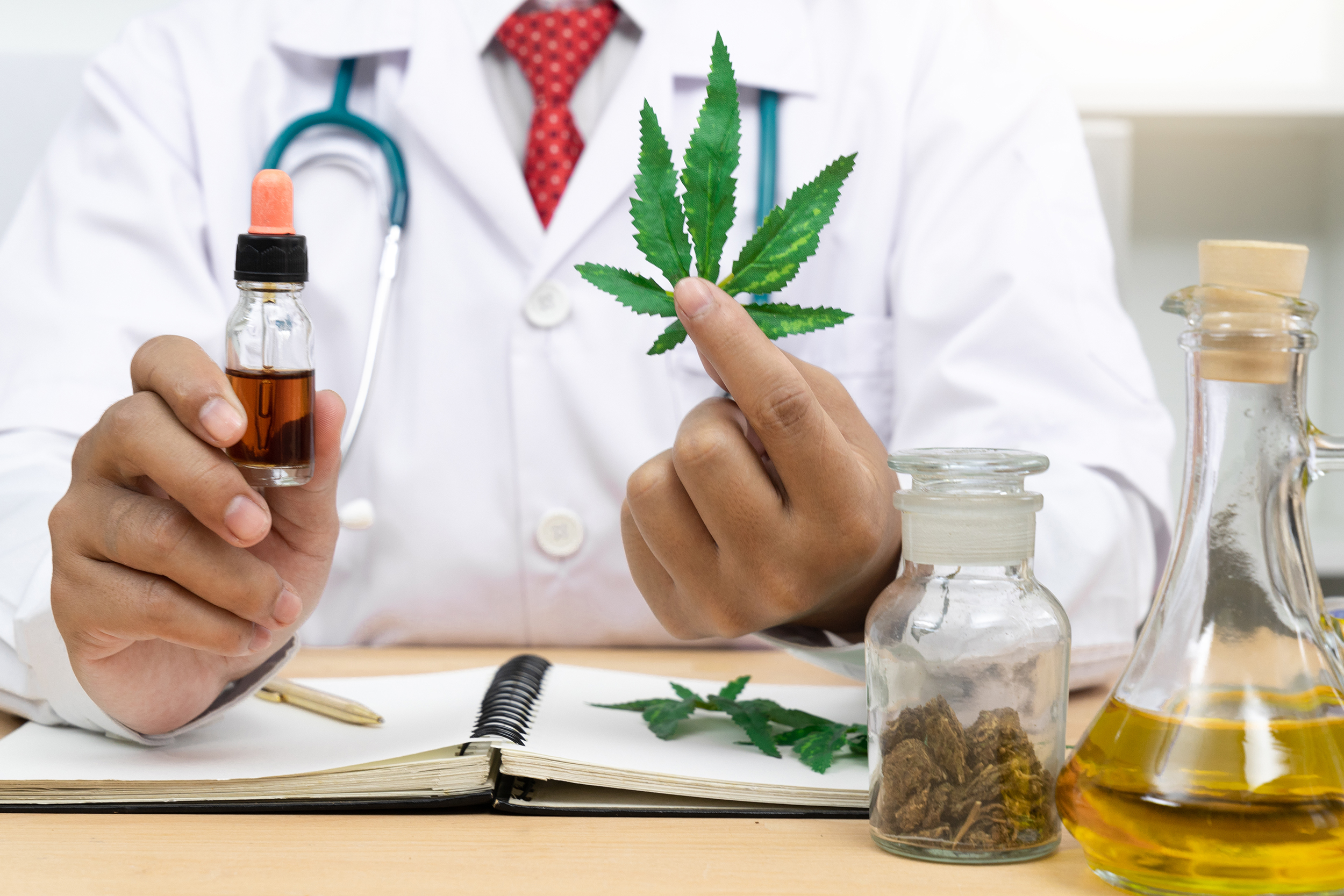Everyone’s life is associated with different kinds of obstacles. These obstacles sometimes emerge in the form of dental emergencies. Some of the dental problems are not considered an emergency case, and you can seek treatment for them at your earliest convenience. But some others require emergency dental treatment if you want to save your tooth. It may be somehow challenging for many of us to detect an emergency dental situation from a non-emergency one. An Oakville emergency dentist argues that dental emergencies are usually unbearably accompanied by pain and bleeding. However, you would always better gain enough information about different types of dental emergencies.
Table of Contents
What Are Dental Emergencies?
As we mentioned above, dental emergencies are typically associated with severe and persistent pain. Or your oral tissue may get injured due to an accident or trauma, causing a dental emergency. Some accidents can cause your tooth to get knocked out, or others just lead to minor tooth chips. An emergency dentist is the one who knows how to manage the pain and bleeding following a dental emergency effectively.
Signs of a Dental Emergency
Bleeding gums after brushing or flossing is not normal at all. When your gums bleed, it is probably a sign of gum disease. If you don’t pay enough attention to your bleeding gum problem, it will worsen until your gums get painful and swelling. Although gum disease or gingivitis is considered a dental emergency, you can prevent it by maintaining good oral hygiene.
Swollen Jaw
Severe infection can make your jawbone extremely swollen. Infected salivary glands are considered the main reason for swollen jaw. It is a bacterial infection that will spread to the other parts of your body if left untreated. If your jawbone has become swollen, contact an emergency dental office and book an appointment with no hesitation.
An Abscessed Tooth
As soon as you realize the signs of an abscessed tooth, it would help if you visited an emergency dentist. It is a painful bacterial infection that usually forms at the root of your tooth. Developed tooth decay or cavity is the main reason for an abscessed tooth. This is when regular dental checkups can help you diagnose the cavity at its early stages and prevent it from progressing and becoming an abscessed tooth.
Constant Headaches
Headaches are in different types and have different causes too. However, chronic headaches may a sign that something is wrong with your teeth. Any dental problem hidden beyond your teeth may be the reason for your constant headaches. Talk to an emergency dentist to see if the problem is in your teeth and get the proper treatment.
Your Tooth Becomes Numb
Sometimes you may experience a toothache, but then your tooth gets numb, and you feel nothing. In this case, the infection has probably developed to your tooth root, and your tooth does not feel the pain anymore. This is not a good sign, and you may even have to undergo tooth extraction if you do not get immediate dental care.





